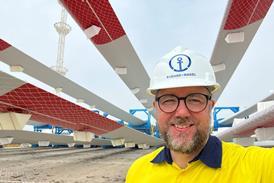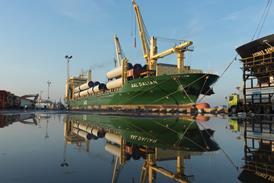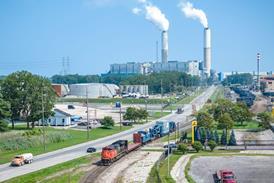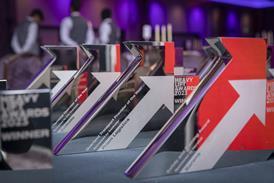February 28 - By Colum Murphy at Breakbulk China in Shanghai
Getting cargoes through Chinese customs has improved significantly in recent years but there is still scope for much improvement according to Michael Shi, energy and EPC (engineering, procurement and construction) project executive with Crane Worldwide.
"If I had to grade China's customs on a scale of one to 100, then I would give it a 75," said Shi. He said that while much progress had been made over the past two decades there were many policies that had not been changed or upgraded.
Shanghai-based Shi said modifying customs procedures and practices was not straightforward. "It's not just a question of changing the wording (of rules). You also have to train people."
"Efficiency will improve in the coming years but we still have a lot to do when compared with the United States," he added.
He predicted China would need to import greater amounts of breakbulk cargo over the course of the next five years. This would translate into more imports of raw materials of high value-add cargo for processing and re-export, he said adding that he expected China's customs would evolve to mirror changes in trade patterns.
China should strive to simplify custom procedures and move to adopting international best practices more rapidly, such as increasing the use of technology and the internet for customs clearance by countries such as Australia and the USA. Greater use of technology could reduce the amount of time needed to
clear customs, which could help manufacturers cut costs.
In addition, greater transparency of custom rules would help reduce expensive disputes between exporters and customs officials such as disagreements over which harmonised system code to use.
For newcomers to the Chinese market, Shi urged foreign companies to make sure they do their homework by visiting China and meeting with prospective agents before dispatching cargo. "If the agent is well connected and is familiar with the procedures, that should make costs lower," he said.
Shi acknowledged that finding the right agent can be tricky and sometimes was a function of luck. Still, he said the chances of identifying a good agent could be increased by speaking with industry peers or companies already working with China.
"Information collection is very important. It is the prerequisite for good operations here," he said.
















